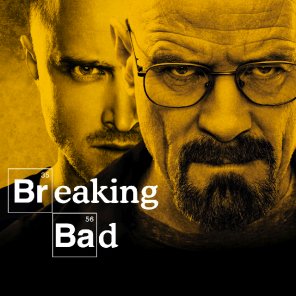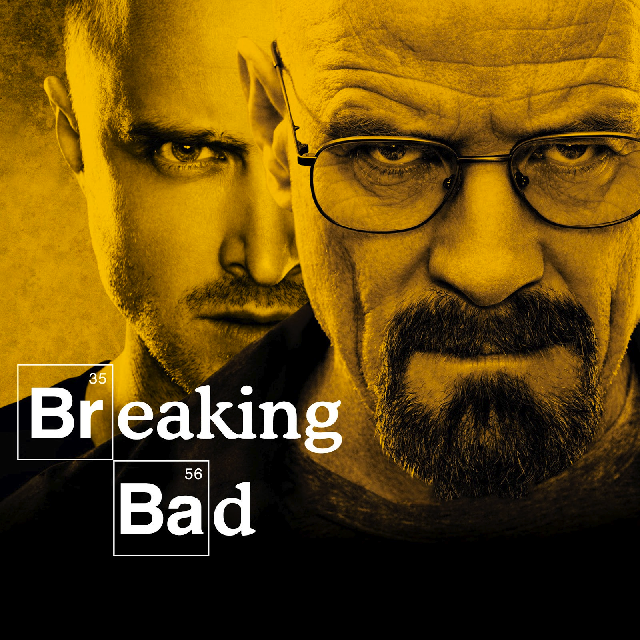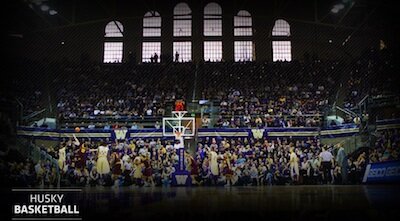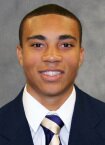 With last night’s loss in the first round of the second-rate National Invitational Tournament, the University of Washington men’s basketball season is over.
With last night’s loss in the first round of the second-rate National Invitational Tournament, the University of Washington men’s basketball season is over.
The year featured an 8th-place conference finish, sub-par home record, and a one-and-done in a consolation tournament. The Huskies did not accomplish much. But they did do one important thing — they put a stake in one of sports’ most maddeningly persistent myths.
If there was one thing every insider agreed on before college basketball season, it was that though this year’s Huskies had less talent than last year’s team, they had one ineffable, elusive, and — to some, necessary — component of a winning squad.
“We have great team chemistry this year,” said team captain Abdul Gaddy before the season. “It’s one of our strengths, and I think that’s going to really help us offensively and defensively.” Head coach Lorenzo Romar said the 2012-13 Huskies had “best chemistry of any team that we’ve had.”
If that’s true, we’ve all found out what team chemistry is good for: absolutely nothing.
The preseason storyline: Departed stars Terrence Ross and Tony Wroten, both first-round NBA draft picks, had cared more about showing off for pro scouts than sharing the ball and communicating on defense. With Ross and Wroten gone, surely the Huskies would be better on both ends of the floor.
Instead, the Huskies were worse. And not only by wins and losses, but by practically every basketball metric you can come up with, even the ones where you’d think good team chemistry would help.
Take assists, that epitome of team-oriented hoops. Last year, 49.2 percent of the Huskies’ made baskets were the result of an assist. That was a dismal number, 277th in D1 basketball. This year, with ballhogs Wroten and Ross gone…only 47.6 percent of made baskets came from an assist, 304th in the country. Despite the improved team chemistry, the Huskies got worse at sharing the ball.
Same story on defense. Last year, the Huskies allowed 96.3 points per 100 possessions, for a very mediocre 101st in college. This year, with the presumed better communication and trust needed for good defense, the Huskies allowed 97.7 points per 100 possessions, 153rd in D1. Again — chemistry better, performance worse.
Where else might chemistry help a basketball team? Maybe turnover avoidance? Players on a united team should have a better sense of where open teammates are and be able to find them under duress. But while last year’s Huskies were actually pretty good at avoiding turnovers, committing them on 18.6 percent of possessions, 77th in D1, this year’s squad was considerably worse, committing turnovers on 20 percent of possessions, 175th in D1.
By now, those of you who cling to the importance of team chemistry the way the Catholic Church clung to the Ptolemaic system will be saying: “Be fair, the Huskies lost two NBA first-round picks. Without the wonderful team chemistry, they would’ve been even worse!”
But that’s really the point, isn’t it? Good talent is always, always, always, always, always, always, always going to win more games over the course of a season. Romar said that, of any Husky team he’s coached, this one had the best chemistry. If you heard a team was the best ever at X, and they were a bad team, what would you conclude about how important X is?
Coaches prefer teams that like each other to teams that don’t. Why wouldn’t they? Who wants to deal with personality clashes, or players who care more about their advancement than your message? There’s a reason so many business executives have embraced the “No Assholes” hiring philosophy. Problem is, assholes have an annoying way of being really good at their jobs. Some of the most successful people of the last 25 years exhibited strong asshole-ish tendencies: Steve Jobs. Michael Jordan. Bill Clinton.
I’m not saying that only jerks have talent, but that, especially in incredibly competitive fields like high-stakes college basketball (or business, or the NBA, or leading the free world), talent is too precious to sacrifice at the altar of everyone getting along.
Longtime sportswriters also frequently hype team chemistry. They’re wrong, but I don’t blame them. For one thing, coaches are constantly telling them how important it is. And whether consciously or subconsciously, reporters, who interact with players daily, know that an asshole-free team will make their jobs much easier. But fans, who rarely encounter players, clearly prefer talent to team chemistry. Case in point? Those Washington Huskies. This season, with a more chemically-appealing team on display, attendance dropped nearly 1,000 per game.
Team chemistry: It doesn’t help you win, and it doesn’t win you fans. Other than that, it’s pretty important.


